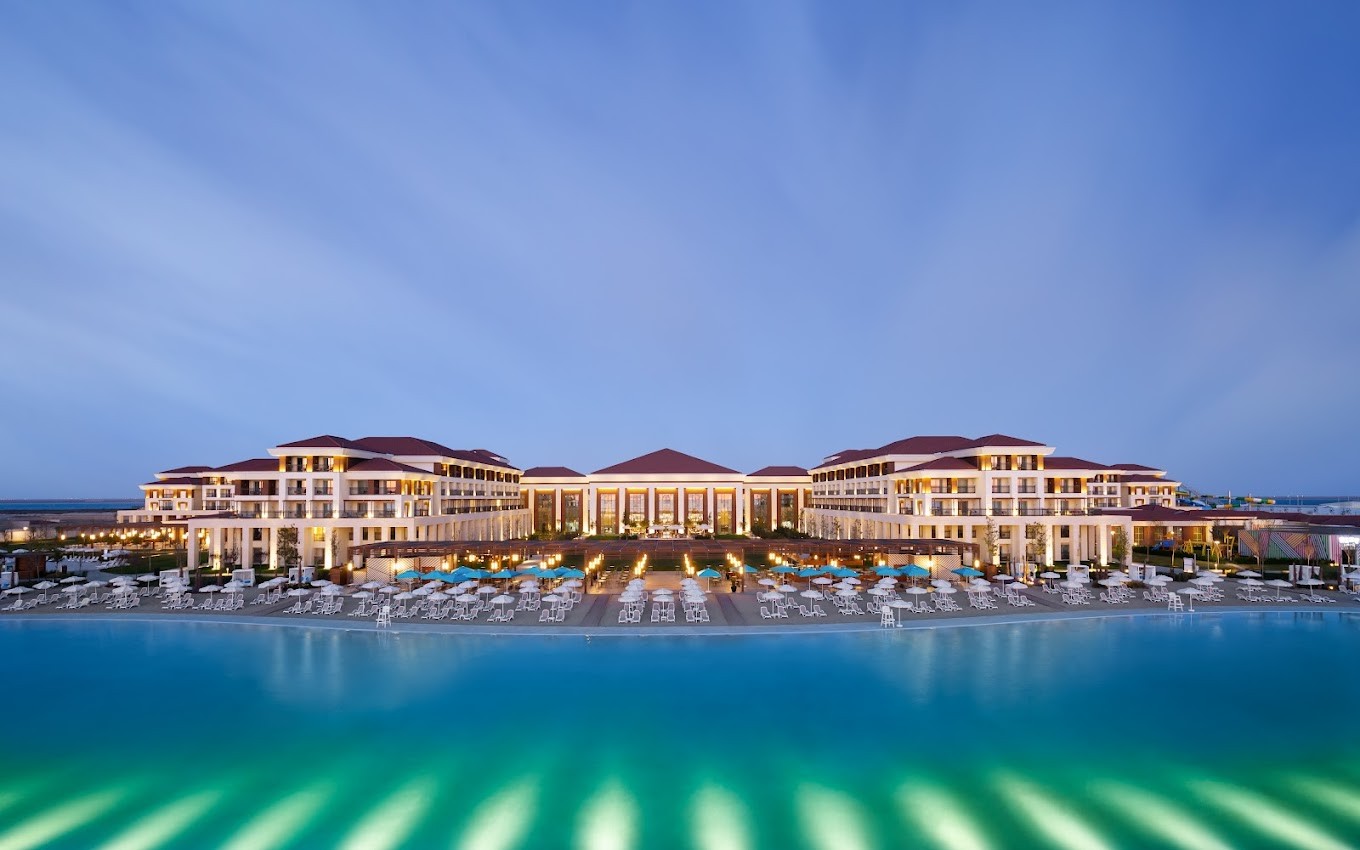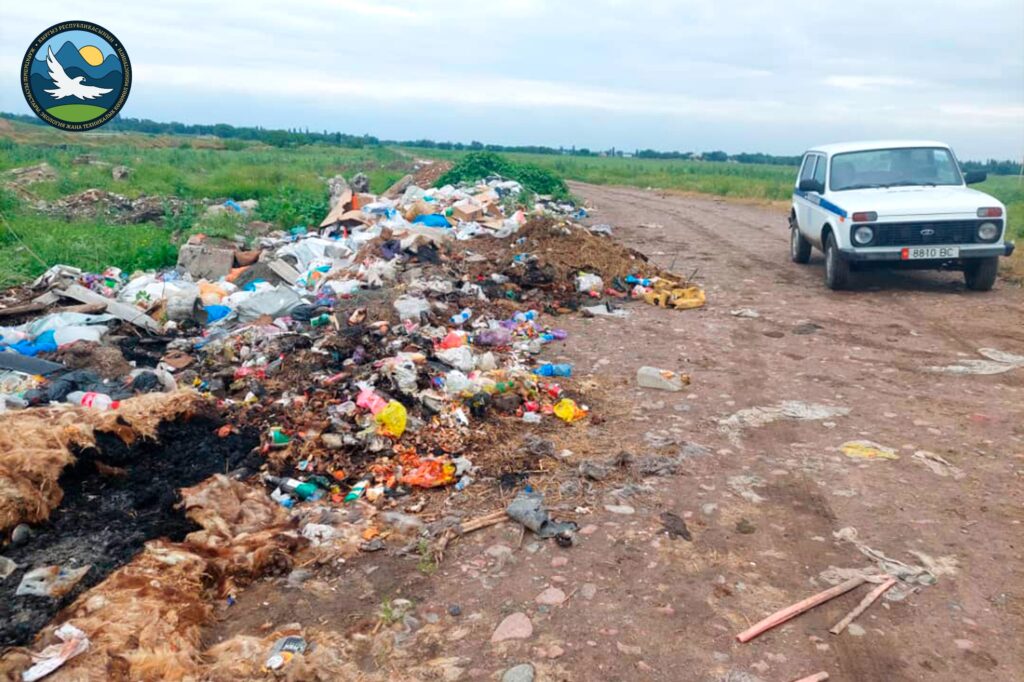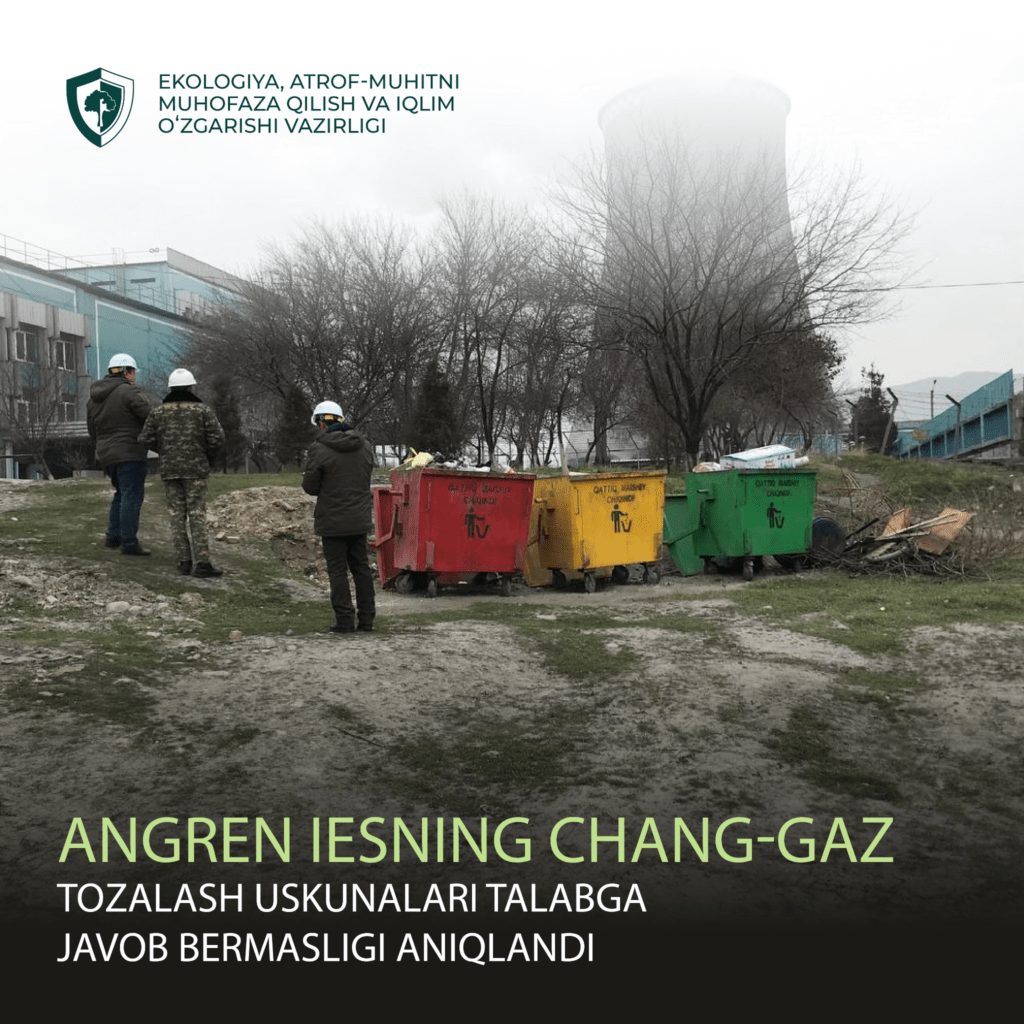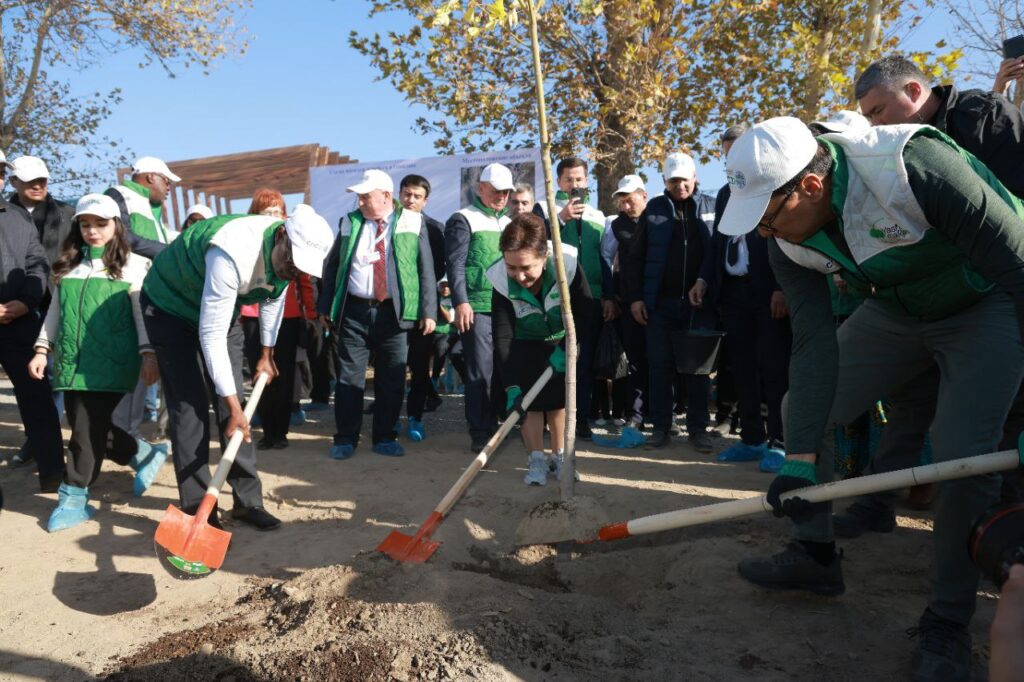On December 27th, inspectors discovered a tragic picture on the shores of Lake Karakol in the Ustyurt State Nature Reserve, with the lifeless bodies of thirty swans lying on the ground. The Department of Ecology, which analyzed water from the lake, reported that at the time of sampling the maximum permissible concentration of harmful substances had been exceeded. However, the true extent of the situation has since become clearer, and according to updated information 826 dead swans have been recorded in Mangystau, with this figure continuing to rise daily.
In the process of monitoring water sources associated with Lake Karakol, having found that permissible pollution levels had been exceeded, an unscheduled inspection of the Rixos Aktau hotel took place. This information was provided by Nurken Sharbiev, Deputy Minister of Ecology and Natural Resources of the Republic of Kazakhstan, and Zhomart Aliyev, head of the Committee for Environmental Regulation and Control of the Ministry. Rixos currently operates 34 hotels and resorts, the majority of which are located in Turkey, Kazakhstan, the UAE and Egypt, and seven of which were developed in partnership with the infamous Bayrock Group.

The Rixos Water World Aktau Hotel is located on the coast of the Caspian Sea, 20 kilometers from the city of Aktau, whilst the protected territory of Lake Karakol is located within the boundaries of the Karagi-Karakol Zoological Reserve, which has republican significance. More than 20 species of birds listed in the Red Book of Kazakhstan and the international list of protected species inhabit this land, including the dalmatian pelican, pink flamingos, and the Savka.
At this juncture, the extent of the involvement of Rixos Aktau is yet to be revealed, though the Department of Ecology of Mangystau is probing the hotel’s discharge into the lake. Specialists are currently analyzing samples, and if the results show contaminants the hotel may be fined up to an amount which would depend on the volume and composition of the discharged wastewater.

However, a representative of the public commission tasked with investigating the cause of the mass die-out, Adilbek Kozybakov, posted a different supposition about the reason for the death of the birds on Facebook. “The cause of death is avian influenza, as confirmed by laboratory tests. Viruses of some forms of bird flu can be dangerous to both humans and poultry, but for some reason they still have not declared a quarantine and closed Lake Karakol to visitors. Due to the wide resonance around this topic, different groups of journalists, bloggers, activists and ordinary citizens passing by the lake come to Karakol every day. They walk along the shore, stepping on bird droppings, and can then carry the bird flu virus home,” Kozybakov wrote.
Kozybakov has suggested that experts from various fields – veterinarians and ornithologists, virologists and bacteriologists, specialists in epizootiology and epidemiology, and local independent biologists and ecologists – should form a commission. “Only through such a body will it be possible to develop sound and objective recommendations for the resolution of the current situation and to prevent future episodes,” he stated.








